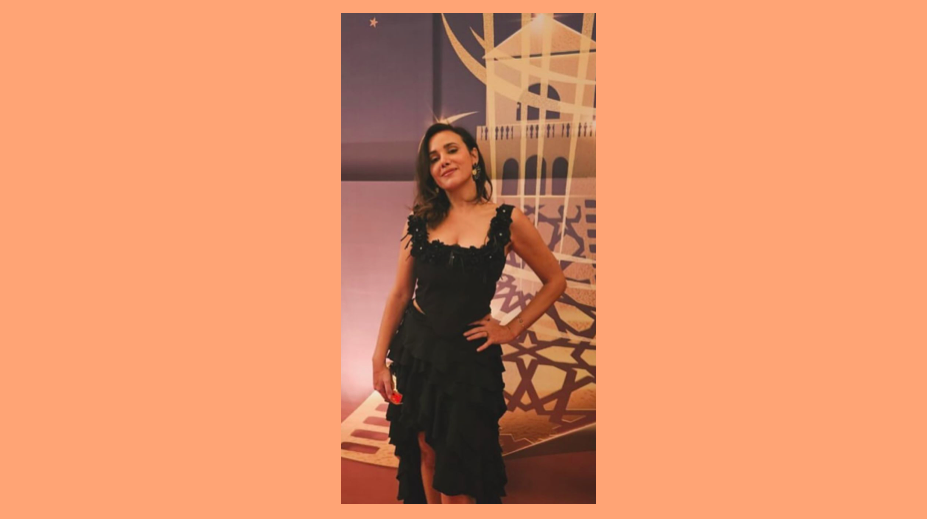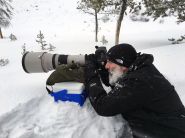
The Marrakech International Film Festival, running until December 7, welcomes Marwa Khalil, a versatile Lebanese artist excelling in theater, cinema and television. She was invited to this significant event and shares her experiences, impressions and upcoming projects, highlighting the festival’s unique artistic richness.
The 21st edition of the Marrakech International Film Festival celebrates cinema’s global reach and artistic collaboration, and this year, it features the talented Lebanese artist Marwa Khalil. Renowned for her work in theater, cinema and television, Marwa Khalil shares her journey and artistic connection to Morocco, a country where she lived and worked for several years between Casablanca and Tangier.
Her career began with two years in journalism before returning to her initial studies in theater and cinema. Once in Morocco, she discovered the vibrancy and richness of its cinematic scene. “This country holds a special place in my artistic journey,” she explains. During her time there, she appeared in the film Indigo and the series Polygame malgré lui. However, her most cherished experience was in Casablanca, where she staged her first theatrical production, Une femme seule (A Woman Alone) by Dario Fo, which she describes as "the greatest adventure of her career." This transformative experience led her to pursue casting opportunities, earning roles as a Lebanese character in local and international productions. Marwa Khalil has also appeared in Un balcon sur la mer, a film directed by Nicole Garcia, starring Jean Dujardin and Claudia Cardinale, which was shot in Morocco. She also took part in another international production, The Bible. Her latest project, Indigo, gave her the chance to master the Moroccan dialect.
In 2006, during the war in Lebanon, Marwa Khalil arrived in Morocco alone, forming a deep and unique connection with the country. "Those five years I spent in Morocco were among the richest of my life, both personally and professionally," she shares. In 2024, amidst renewed unrest in Lebanon, she returns to Marrakech as a guest at the festival. Her trip feels symbolic—a return to her roots and an instinctive artistic escape.
The Marrakech International Film Festival stands out, according to Marwa Khalil, for its accessibility and inclusivity. Set in the heart of a city brimming with charm, the festival offers rare proximity to major cinematic figures. "It’s a unique event that fosters genuine exchanges with stars from Hollywood, the Arab world, and Europe in a welcoming atmosphere," she explains. Unlike Cannes, where access to celebrities is often restricted, Marrakech provides interactive masterclasses. This year, attendees had the chance to meet icons such as Sean Penn, François Ozon, Monica Bellucci, Tim Burton, Mohammad Rasoulof, David Cronenberg and Virginie Efira. Patricia Arquette also serves on the jury panel.
The festival’s programming is enriched with diverse screenings, tributes and testimonials. In 2024, audiences are treated to films from various corners of the world, including Everybody Loves Touda by Nabil Ayouch, a Cannes selection, and The Fourth Wall, which features Lebanese actors. Simultaneously, the Atlas Workshops support young filmmakers in developing their projects, playing an active role in fostering international cinematic creativity.
For Marwa Khalil, the festival is not just a celebration but mostly a source of inspiration for her future endeavors. "I hope to export my theatrical creations to Morocco, particularly Mafroukeh, and perhaps embark on new film projects when circumstances allow," she says. In the meantime, she focuses on her ongoing theater projects, hoping that the festival’s energy will inspire her to achieve her artistic goals.




Comments